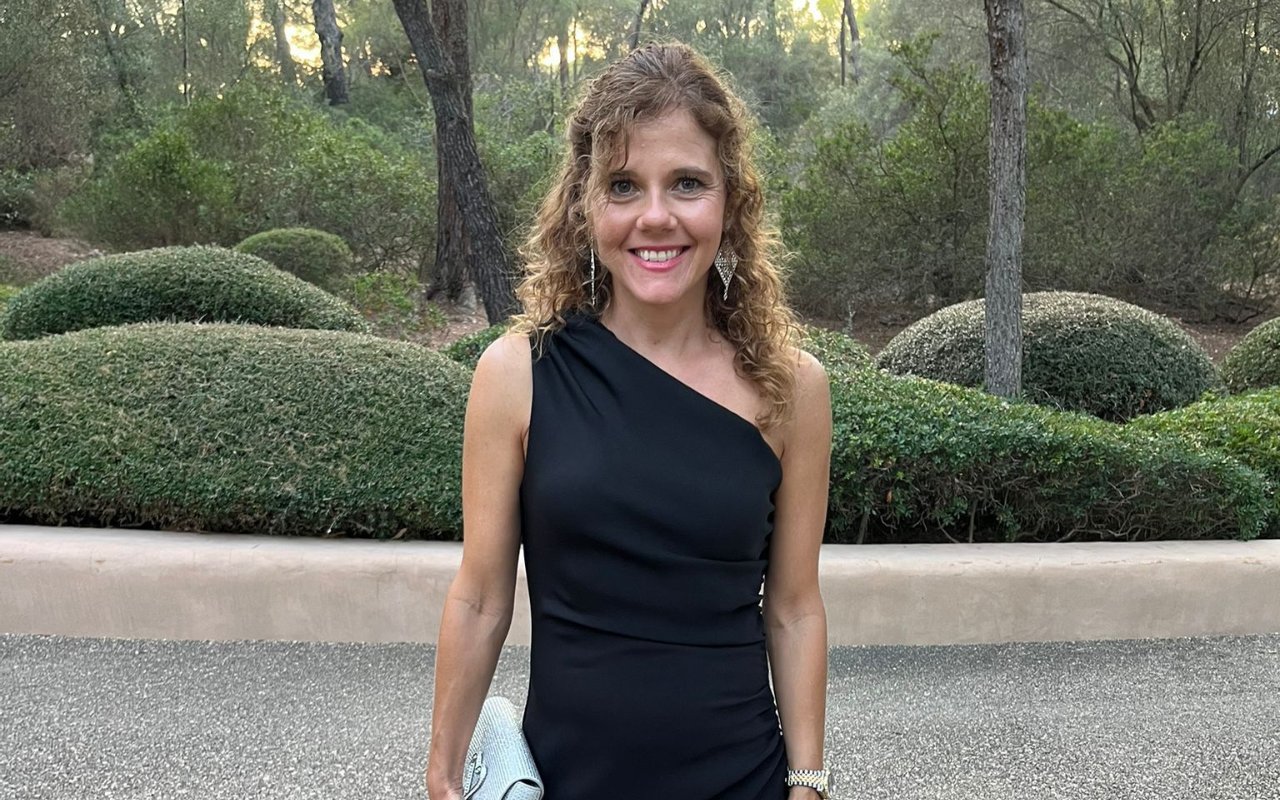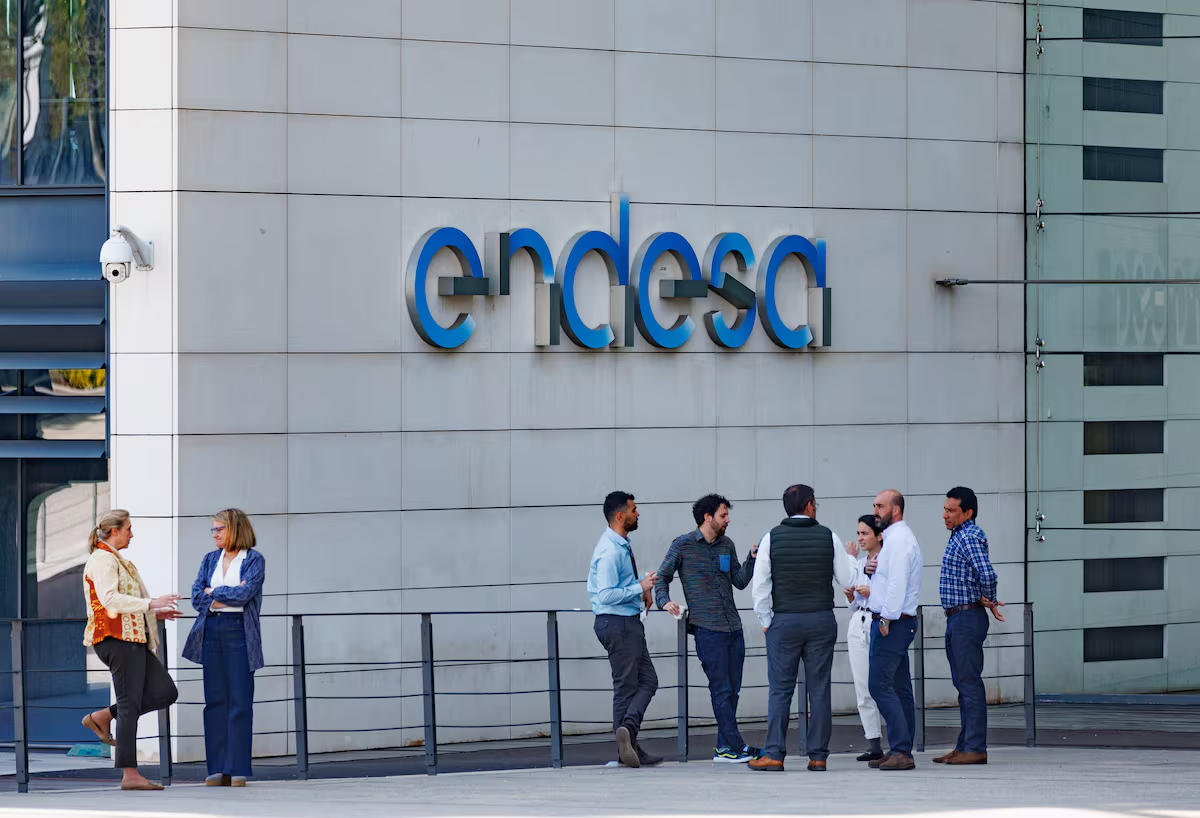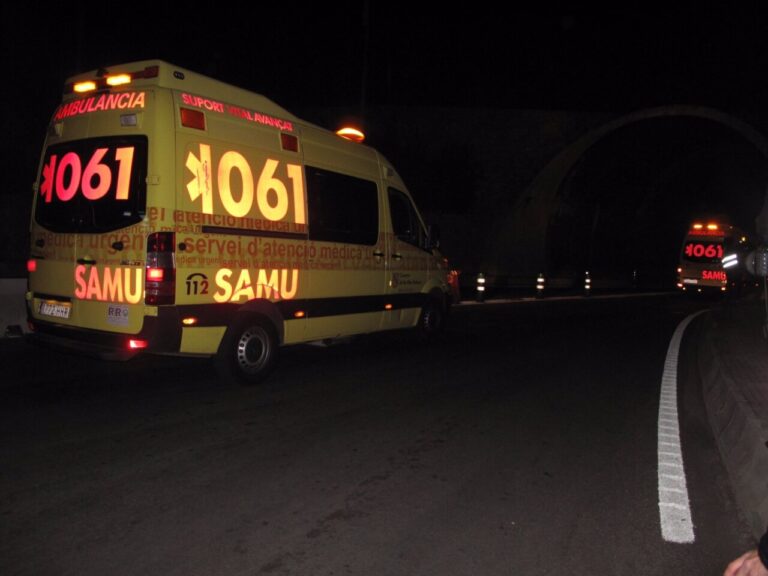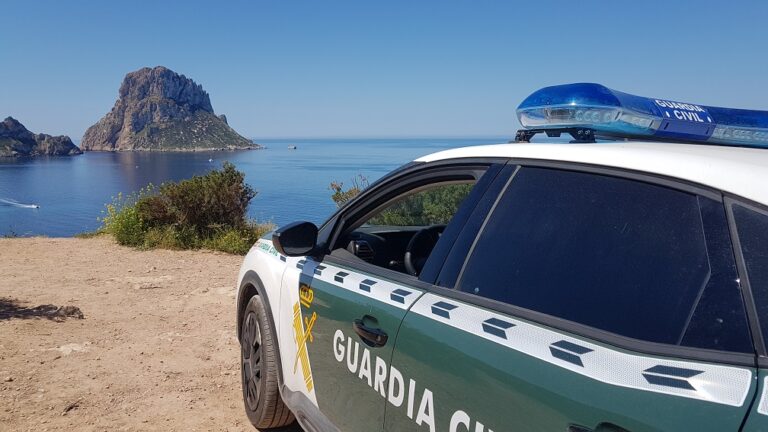It has been a year since María Costa Roig took over the presidency of the Hotel Business Federation of Ibiza and Formentera. Since then, the sector has gone through one of the most intense stages of recent years: new regulatory requirements, the implementation of the registration of travelers, the fight against intrusion and a summer marked by a high level of occupancy.
It has been a busy year,” he admits, “but the balance is positive.
A stable season, with nuances
The president describes the 2025 season as very similar to the previous one, although with variations by month. Between May and September, the average occupancy was 84.03%, a slight increase of 0.62 points compared to 2024. “June, July and August have been slightly higher, and in municipalities such as Santa Eulària the upturn reached 8.4 % in August,” he details.
On the other hand, May was somewhat weaker, an effect that Costa attributes to the fact that “the late Easter Week shifted part of the demand to June”.
More requirements than ever: the weight of regulations
“It has been a complicated adaptation. It has been an administrative hurdle. “This is how Costa defines the entry into force of the new digital register of travelers, one of the measures that has added the most load to the accommodations this season.
The system, operational as of December 2, 2024 under Royal Decree 933/2021, obliges hotels, apartments and other establishments to telematically submit data on each guest and keep it for three years. Its implementation, he points out, caused technical problems and a significant administrative overload.
“It has been an added burden for many establishments,” admits the president, who stresses that hoteliers “comply with the law, but need more time and support to adapt.”
In April, La Voz de Ibiza warned that the registration of travelers “could make travel more expensive and put SMEs in the sector in check” due to the cost of digitization and training .
In addition to this measure, there are other initiatives that worry the sector, such as the new tobacco bill, which could ban smoking in terraces and outdoor areas, and the future telematic time register, which will require digital control of staff arrivals, departures and breaks. Costa warns that the accumulation of administrative requirements adds to structural problems such as the shortage of housing or skilled labor, which “makes day-to-day management difficult”.
“We want members to feel heard and supported,” he adds, explaining that the federation has strengthened its legal advice to facilitate regulatory adaptation.
Intrusiveness and tourist contention: fewer people, full hotels
The fight against illegal tourist rentals is another of the fronts on which the federation has been particularly active. “We support tourist containment, not only the project that the Consell has led, but we have also prevented the growths in the supply of accommodation,” says Costa.
The results are in: according to data presented by the Consell Insular de Ibiza at the World Travel Market in London, in August there were 5.8% fewer people on the island than in 2024, but hotel occupancy rose by almost one point. The tourist control systems (SITEibiza and Ibestat) detected a drop of between 18,000 and 20,000 people per day compared to the previous year, while hotels filled more beds.
The Consell attributes the improvement to the reduction of 14,500 illegal places, as a result of inspections and sanctions this year (see report).
Costa agrees that the change is positive and defends that “we must continue working on it, because in the end it means a better balance between tourists and residents and promotes sustainability“.
Regarding the limitation of rental vehicles, the chairwoman also supports the direction of the measure, although she asks for more technical precision: “We support the reduction of cars, but we have to see how it will end up being proposed. We believe that it is very necessary, first, to outline the needs of Ibiza before carrying out this proposal. ”
The Consell’s initiative, which limits the fleet to some 16,000 units, has reduced daily circulation by 12,000 cars, according to official data.
-
Ibiza bets in London for an active tourism all year round and its candidacy as a ‘green city’.
-
Data for 2025 gives Ibiza hope for tourism beyond the summer season
De-seasonalize and diversify
The federation also supports the island’s strategy of extending the season and diversifying the tourist offer. Costa highlights the boom in sports, family and MICE (congresses and events) tourism and recalls that the key lies in air and maritime connectivity: “You can promote the complementary offer, but if there are no flights connecting with Ibiza, it is more complicated”.
The Consell defends this line through the Ibiza Family Moments program, which brings together 43 establishments and 14,000 places for family tourism, and a 3% increase in flights for the winter months (see note).
A more modern federation
Internally, Costa has promoted the modernization of the federation, with a new website and the renovation of the head office. “We want members to participate as much as possible and to feel heard,” he explains. The website will offer updated statistics and serve as a space for interaction between establishments.
“The headquarters has to represent what Ibiza means in the world,” he says of the new premises, which aims to become a meeting point for entrepreneurs, institutions and the media.
The hotel and catering agreement and late negotiation
The president describes the negotiation of the hotel and catering agreement as “long and tedious“. The agreement, which provides for a 13.5% wage increase until 2028, was closed at the gates of the season. “Its late application forced the readjustment of payrolls in the last months of the summer,” he explains. Even so, the federation considers that the result is balanced between business sustainability and improved working conditions.
An intense year, a continuous challenge
“It has been a busy year, yes, but the balance is positive,” summarizes Maria Costa. With a modernized federation, a more vigilant sector and a tourism model under review, her first year at the helm leaves a clear message: the future of Ibiza goes through less quantity, more quality and a regulation that does not stifle those who comply.










